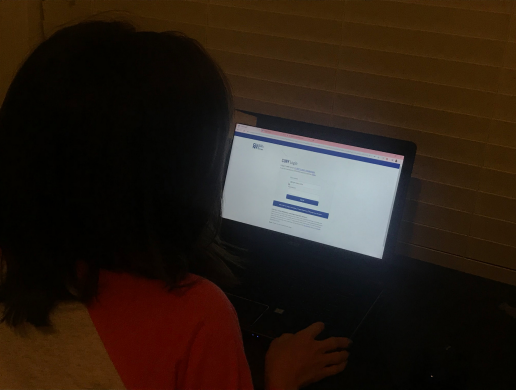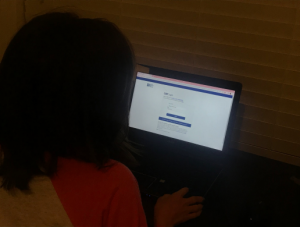

Distance-learning has been a complicated transition for the Brooklyn College community, working to substantially replace our normal educations having been given only one week to switch to online learning and adjusting their curriculum accordingly. The faculty have overcome many challenges during this difficult time of abruptly switching over to online classes.
Professor Meral Kaya from the Childhood, Bilingual and Special Education Department had contacted each of her students and their school partners to make sure they had easy access to their virtual classrooms, since under normal circumstances, teaching students are required to complete field work in real-life classrooms.
“I got in touch with the public schools immediately,” said Kaya. “I asked about the possibility for our teaching candidates to continue their clinical experience online platform alongside their mentor teachers. They provided a positive response. Once their online classroom platforms are up and running principals that I work with connected with me and provided access for my students to be working with their mentor teachers.”
Kaya also attended meetings with the NYC Department of Education to adapt and begin novel approaches to student teaching.
“I had virtual meetings with a DOE representative to discuss more about the ways clinical experience can fit in the online teaching,” she continued. “DOE provided resources about Google classroom platform as well as web resources to support online teaching,” she said.
More faculty members that went above and beyond for their students’ sake were Professors Kerstin Musolf and Theodore Muth of the Biology Department. These instructors developed new online labs for their students; while also organizing adjuncts, finding resources, developing lesson plans and assessment modules for the labs and accomplished a new delivery system for the new curriculum.
“I went through the remaining lab exercises and experiments and I assigned one or two labs to each of the labs to the Micro 3004 lab instructors,” Muth explained. “Each instructor developed an online adaptation of the material that would have been covered in lab, and then an assessment for that material.”
Professor Musolf mentioned the transition to online learning was surprisingly smooth, considering Biology is a hands-on subject where students learn best in a physical learning environment.
“Some of our adjuncts knew that a lot of video material was already out there; and what was missing, a few of my colleagues started to film themselves and created wonderful visuals that go along with our labs,” Musolf said. “Additionally, publishers have been very helpful in offering their services and their material for free, which allowed us to get all our lab topics covered.”
Remote learning is not ideal for many students, and may even be more of a challenge for faculty, considering they had to adjust their syllabi accordingly. The Brooklyn College staff is working hard this semester to provide the best remote form of education for the students.
